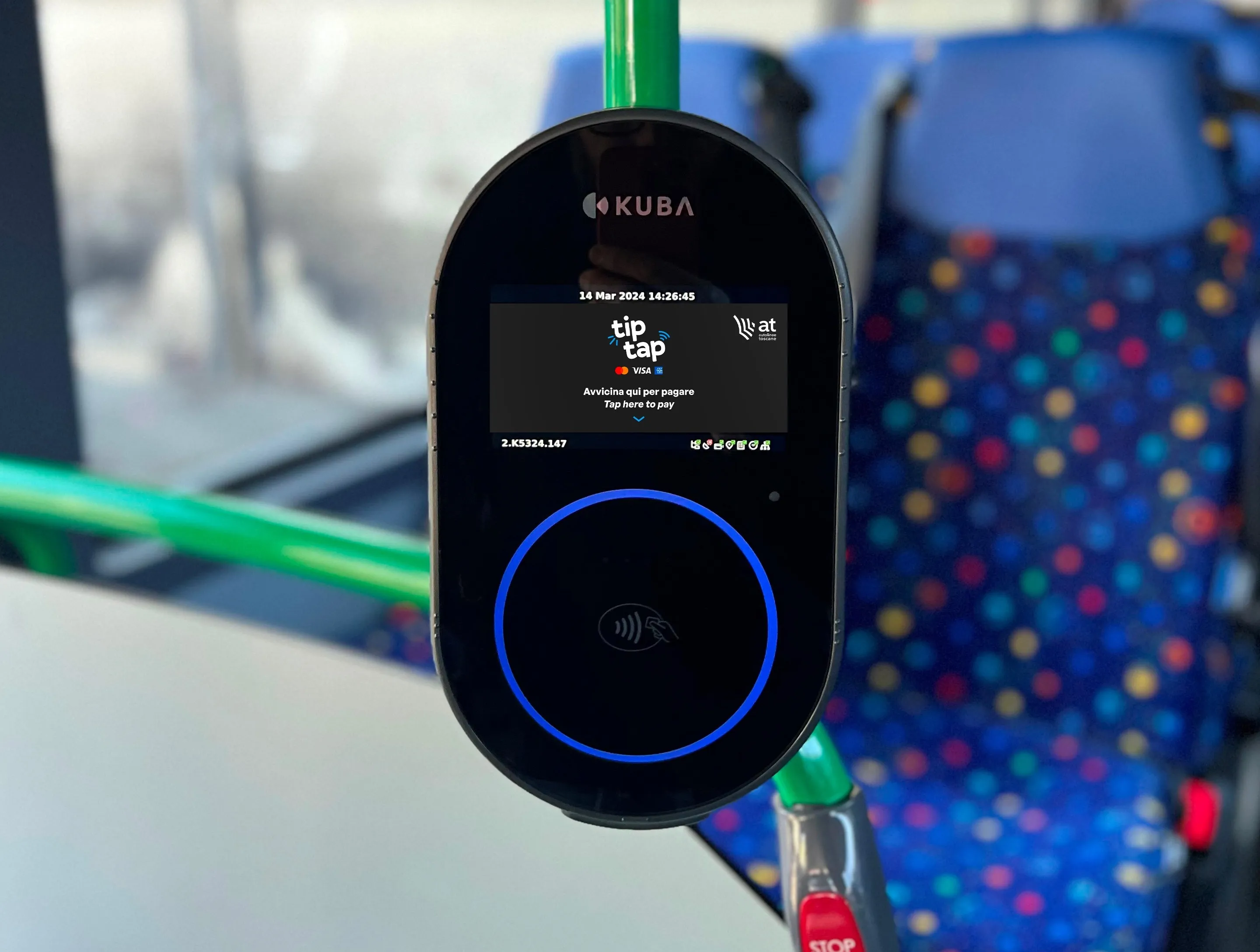Inmarsat is at the ITS World Congress with some good news for vehicle manufacturers: Satellite communications can offer fast, over-the-air updating of connected and autonomous vehicles world-wide.
Joel Schroeder, vice president of Inmarsat’s connected car program, said: “If the vehicle manufacturer discovers a problem or there is a security breach, then they need to fix it quickly. But the traditional way is to trace and contact all the owners of the affected vehicles and schedule visits to the dealer – an
October 11, 2016
Read time: 2 mins

Inmarsat is at the ITS World Congress with some good news for vehicle manufacturers: Satellite communications can offer fast, over-the-air updating of connected and autonomous vehicles world-wide.
Joel Schroeder, vice president of Inmarsat’s connected car program, said: “If the vehicle manufacturer discovers a problem or there is a security breach, then they need to fix it quickly. But the traditional way is to trace and contact all the owners of the affected vehicles and schedule visits to the dealer – and that takes a long time.”
In contrast, he said satellite communication offers a rapid, one-too many delivery system for the worldwide updates of in-vehicle maps, telematics systems, ECUs and microprocessor without the need for the dealer access to the vehicle. With terrestrial solutions such as mobile phone technology, he said an area-by-area roll out is required to ensure the total fleet is updated.
Inmarsat is one of only two constellation owners that offer a data broadcast facility (most only transmit time and positional details). Furthermore, Schroeder said satellite transmissions provide enhanced cyber security in comparison to terrestrial updating methods because with one-to-many broadcast there is only a single possible intrusion route whereas terrestrial systems have many.
Additional layers of security can be provided by authentication or by splitting the transmission with, for instance, the data sent via terrestrial methods and cyber keys transmitted by satellite. “You don’t want to use the compromised transmission system to send out the fixes,” he added.
Inmarsat has a long experience in telematics systems for commercial fleets which used large on-board units but its new connected vehicle services transmit data on the L band. This service requires only a low-cost receiver, a small roof-mounted antenna and is resistant to interference from the weather.
Beyond the ability to transmit occasional updates and software patches, the company constantly evaluates the accuracy of GNSS systems and broadcasts correction data. This enhances the level of map accuracy to improve the operation and reliability of V2V and V2X communications and provides the regular updates and accuracy necessary for the operation of autonomous vehicles.
Joel Schroeder, vice president of Inmarsat’s connected car program, said: “If the vehicle manufacturer discovers a problem or there is a security breach, then they need to fix it quickly. But the traditional way is to trace and contact all the owners of the affected vehicles and schedule visits to the dealer – and that takes a long time.”
In contrast, he said satellite communication offers a rapid, one-too many delivery system for the worldwide updates of in-vehicle maps, telematics systems, ECUs and microprocessor without the need for the dealer access to the vehicle. With terrestrial solutions such as mobile phone technology, he said an area-by-area roll out is required to ensure the total fleet is updated.
Inmarsat is one of only two constellation owners that offer a data broadcast facility (most only transmit time and positional details). Furthermore, Schroeder said satellite transmissions provide enhanced cyber security in comparison to terrestrial updating methods because with one-to-many broadcast there is only a single possible intrusion route whereas terrestrial systems have many.
Additional layers of security can be provided by authentication or by splitting the transmission with, for instance, the data sent via terrestrial methods and cyber keys transmitted by satellite. “You don’t want to use the compromised transmission system to send out the fixes,” he added.
Inmarsat has a long experience in telematics systems for commercial fleets which used large on-board units but its new connected vehicle services transmit data on the L band. This service requires only a low-cost receiver, a small roof-mounted antenna and is resistant to interference from the weather.
Beyond the ability to transmit occasional updates and software patches, the company constantly evaluates the accuracy of GNSS systems and broadcasts correction data. This enhances the level of map accuracy to improve the operation and reliability of V2V and V2X communications and provides the regular updates and accuracy necessary for the operation of autonomous vehicles.









